Si vous parcourez ce site, c'est probablement que vous recherchez les meilleurs soins pour votre cheval, sachant que, qu'il s'agisse d'un animal de sport, d'un animal âgé ou d'un simple animal de loisir, il mérite de prendre des compléments qui répondent le mieux à ses besoins.
Avant de décider des suppléments ou des aliments à utiliser, ou simplement de l'écurie dans laquelle le cheval doit séjourner, la première étape consiste à acquérir l'animal.
Lorsqu'un cheval a une valeur minimale et qu'il est acheté avec certaines attentes, la marche à suivre est la suivante : l'essayer, se renseigner sur ses antécédents/références et, enfin, l'emmener se faire examiner par un vétérinaire.
En ce qui concerne les chevaux de sport, il est essentiel d'effectuer des tests radiologiques et échographiques ainsi qu'un examen complet des membres pour s'assurer de la durabilité de l'animal en vue d'une utilisation sportive. Un rapport positif est un gage de confiance lors de l'achat.
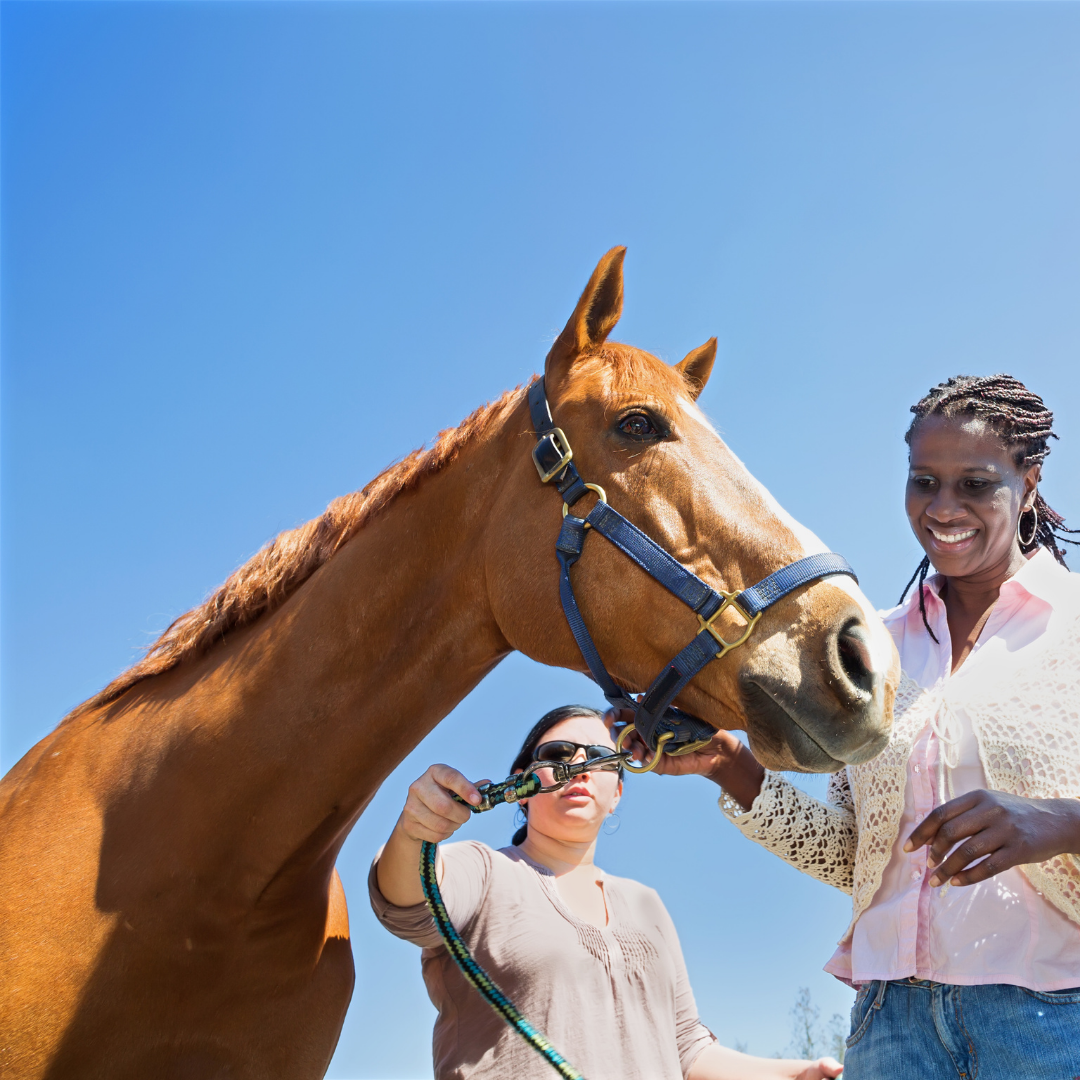
Que se passe-t-il si, peu de temps après, l'animal présente une boiterie, un gonflement ou toute autre pathologie similaire qui l'empêche de mener à bien ses activités ? Il y a deux possibilités : il peut s'agir d'une blessure inattendue qui nécessite un traitement (sûrement accompagné de repos et aidé par des suppléments) ou il s'agit de ce que l'on appelle un vice caché. Ce dernier peut faire évoluer la situation vers la restitution de l'animal et l'annulation de l'achat. Il s'agit de défauts qui, s'ils avaient été connus, auraient incité l'acheteur à ne pas acheter le cheval ou à négocier un prix inférieur, le cas échéant.
Bien qu'aujourd'hui elles ne soient pas explicitement incluses dans le code civil espagnol, l'édition de 1851 les mentionnait et incluait, même si la liste n'était pas exhaustive, des défauts tels que l'enrouement, l'épilepsie et la boiterie. Un diagnostic vétérinaire est très important pour déterminer ces affections, ce qui confirmera leur existence et leur gravité.
Le système juridique espagnol prévoit la possibilité d'un "vice rédhibitoire" dans les cas où le cheval meurt dans les trois jours suivant l'achat, à condition que le vétérinaire estime que la maladie existait avant l'achat.
Les cas les plus fréquents de "vices cachés" sont les boiteries chroniques, le louvoiement et le suçotement. Dans le premier cas, s'il s'agit de lésions du naviculaire, du ringbone ou des tendons, ces pathologies rendent la vie sportive de l'animal directement impossible. L'ondulation est un mouvement répétitif que les chevaux acquièrent constamment au box et qui les oblige à ajouter du poids à leurs membres antérieurs, ce qui peut se traduire par une boiterie ultérieure. La succion du vent est également un défaut causé par l'ennui ou l'imitation, en voyant un autre cheval le faire. Un cheval qui aspire le vent, généralement en s'appuyant sur la porte ou sur l'auge, inhale de l'air dans son corps, ce qui gonfle son estomac et le rend sujet aux coliques. En fait, elles sont à l'origine de 90% des décès d'équidés, en raison de la fragilité de leur système digestif.
En résumé, nous recommandons qu'un examen approfondi par un vétérinaire soit toujours effectué et documenté dans un rapport pour la tranquillité d'esprit des parties. Il est préférable de rechercher un cheval qui ne soulève aucune inquiétude, dont les antécédents répondent aux exigences et qui a été soumis à la meilleure inspection vétérinaire possible.
Une fois que le nouveau cheval a rejoint la famille, Excel Supplements se charge de lui fournir les meilleurs produits à base d'ingrédients naturels.
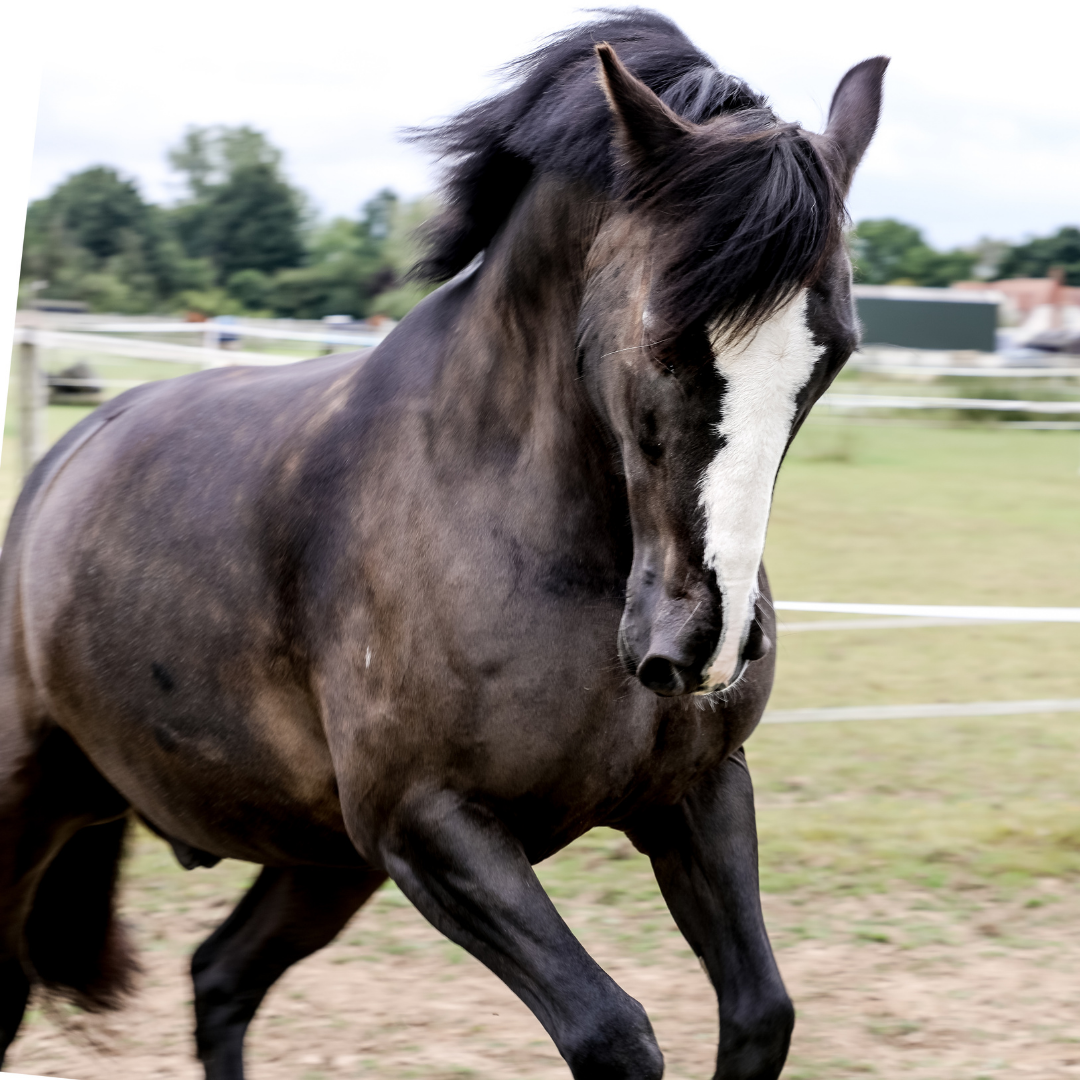
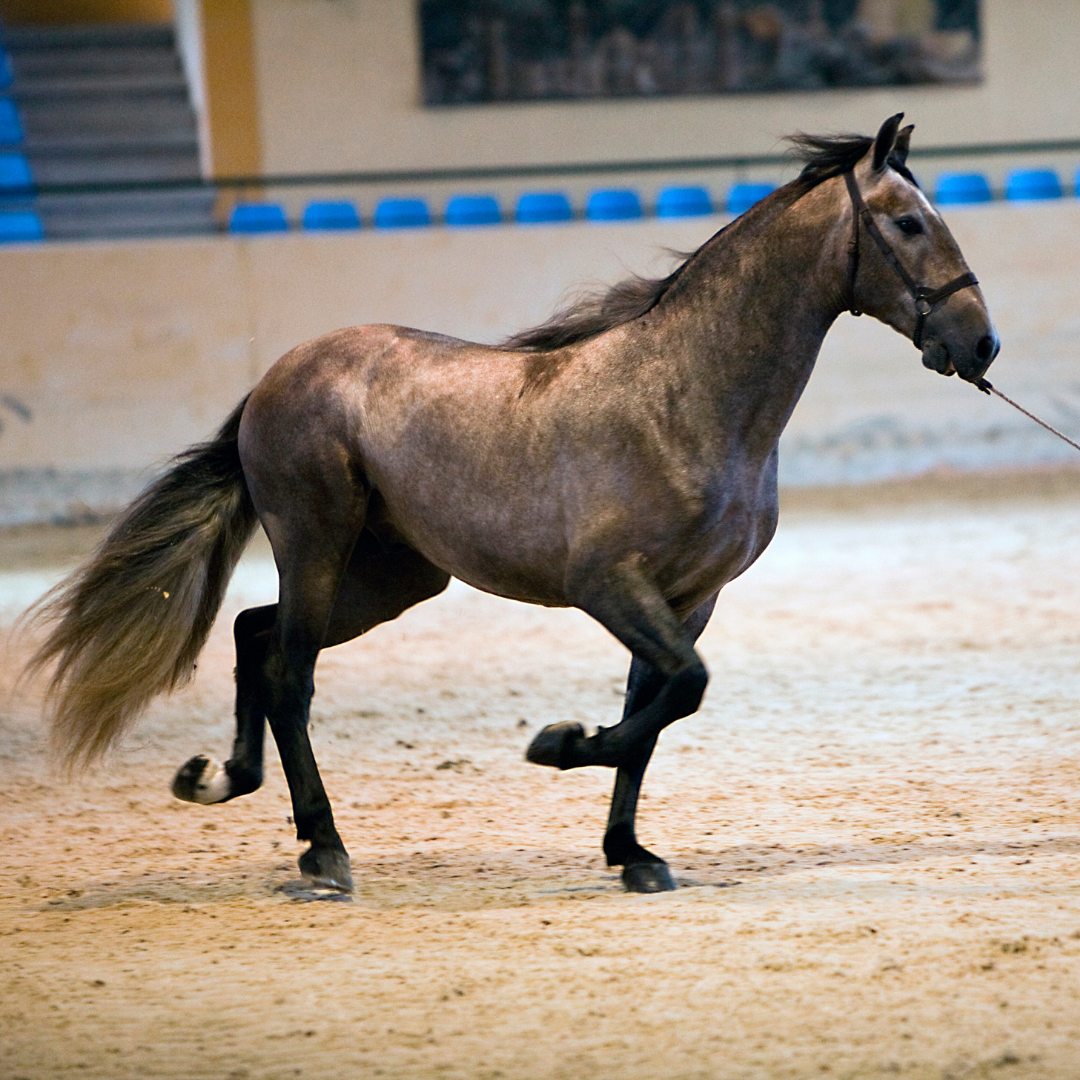

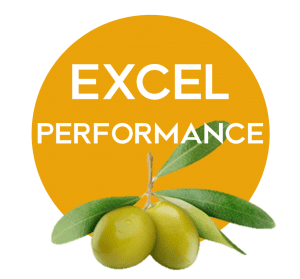
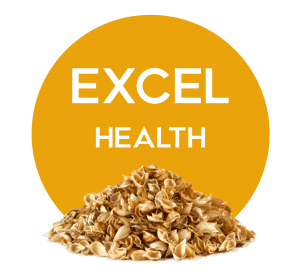

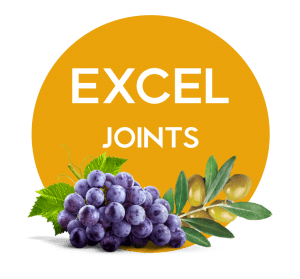
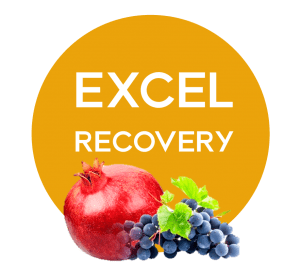

0 commentaires